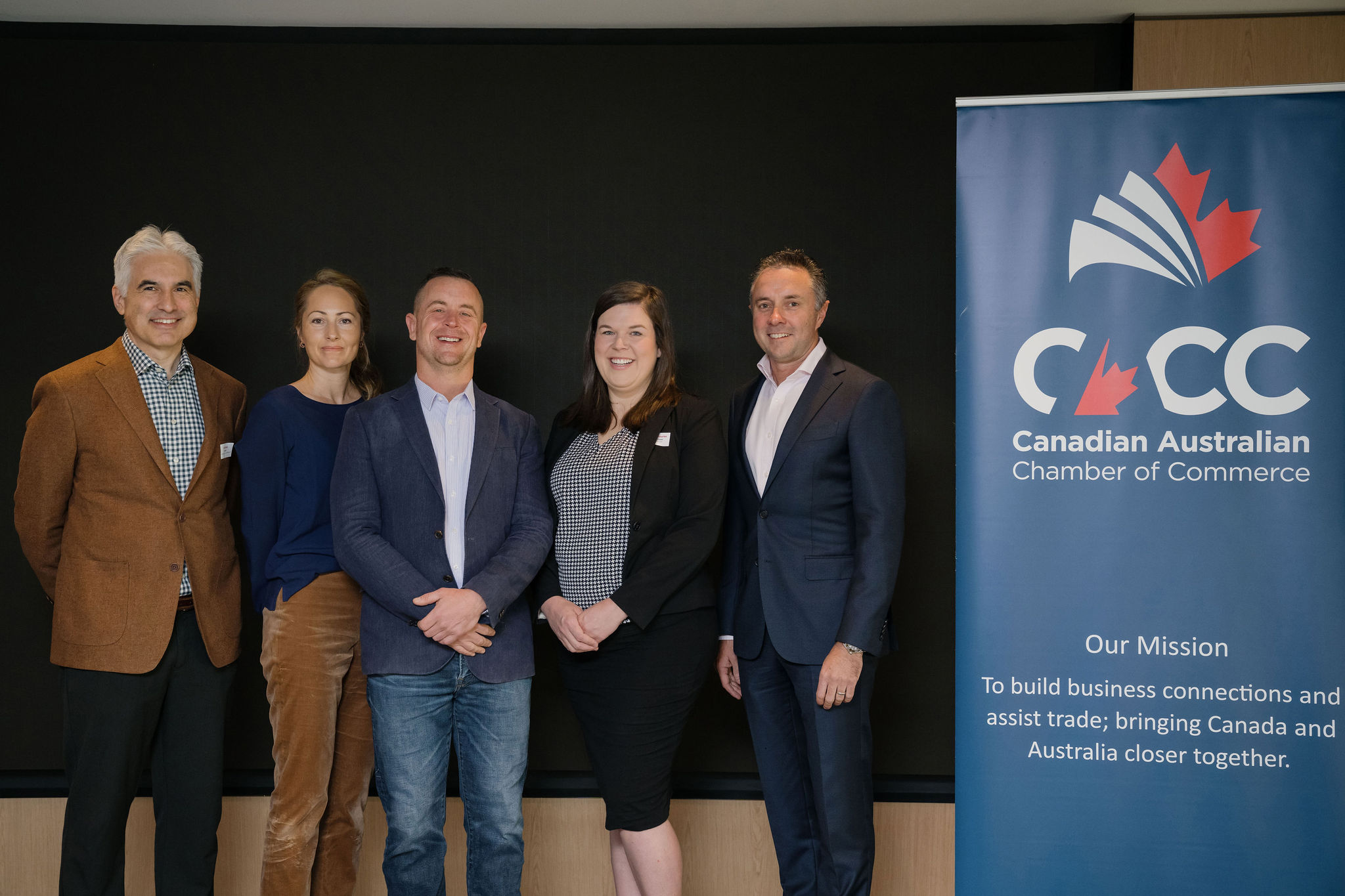
Ahead of International Women’s Day, the Canadian-Australian Chamber of Commerce hosted a breakfast at Minter Ellison’s Melbourne office for a discussion on driving progress on gender equality. Leading the discussion were TransGrid Executive General Manager People, Culture and Safety (Acting) – Stephen McSweeney, Hatch Managing Director Australia and Asia – Jan Kwak, Minter Ellison Senior Associate – Jennifer Bourke and Monash University Research Fellow – Dr. Erik Denison.
Ms Bourke said the landscape was changing as the laws changed, particularly in relation to new guidelines on ‘positive duty’ under the sex discrimination act, which refers to a duty by employers to reduce sexual harassment and related harmful behaviours, as well as changes to occupational health and safety, with the introduction of new regulations about managing psychosocial hazards such as bullying and harassment.
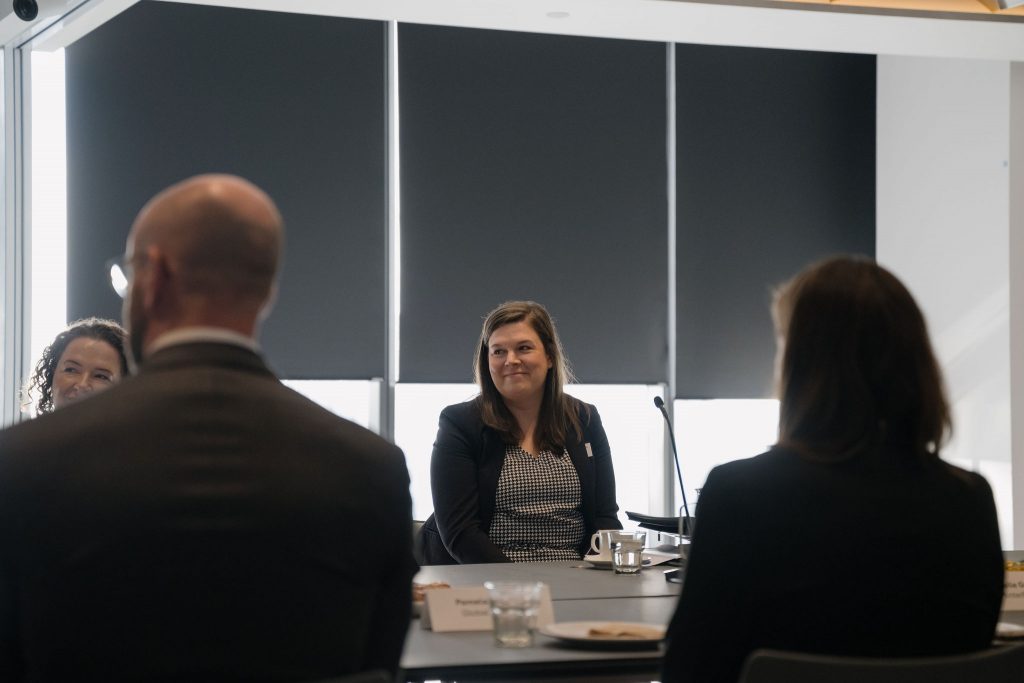
“Gender equality represents a psychosocial safety issue,” she said. “We know gender inequality is a key driver for sexual harassment and those types of behaviours, so in workplaces without gender equality those behaviours are more likely to occur.”
“One of the ways workplaces are trying to address this is through gender targets, which are designed to create gender balance in the workforce. Targets are a tool, but they won’t work alone.”
Mr Kwak said it was important to have difficult discussions about gender equity. “People, especially men, may be unaware of their unconscious gender bias until you point it out to them,” he said.
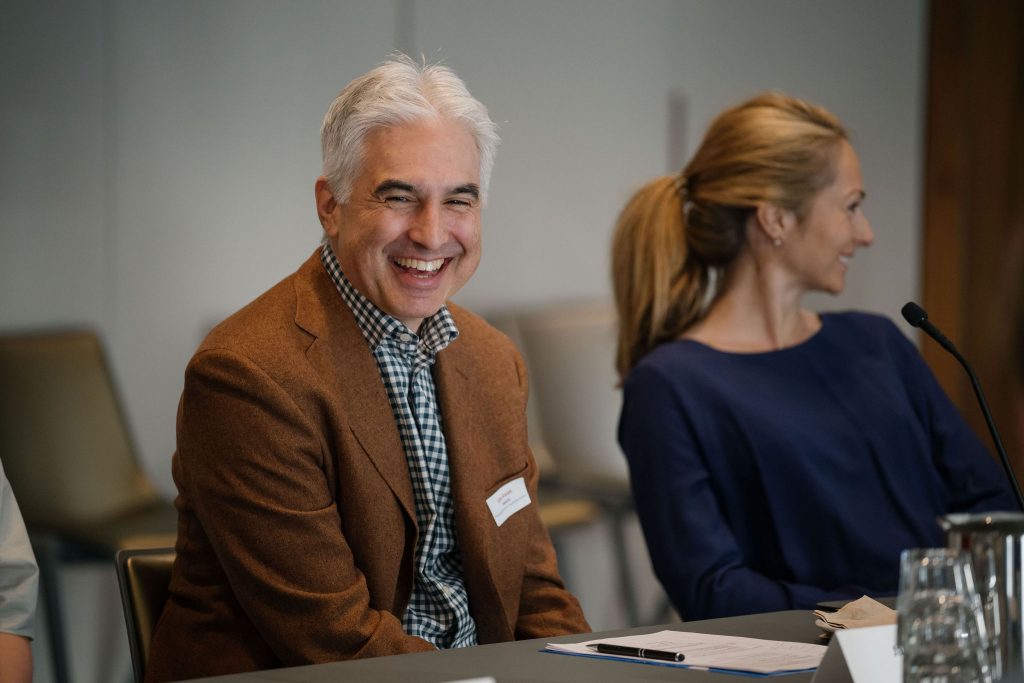
“We need to encourage men to be the champions for change.”
He said Hatch had aspirational targets for gender diversity to ensure the organisation remained competitive. “We pride ourselves in being innovative and creative thinkers, which is only possible when you have gender diversity,” he said.
Dr. Denison said it wasn’t natural to segregate men and women, either in the workplace or socially. “In workplaces, you often see men sitting with men and women sitting with women but that wasn’t always the case in human history, studies have shown that historically men and women used to do things together, including activities like hunting. It is only in the last 100 years that men and women have been segregated in the workplace,” he said.
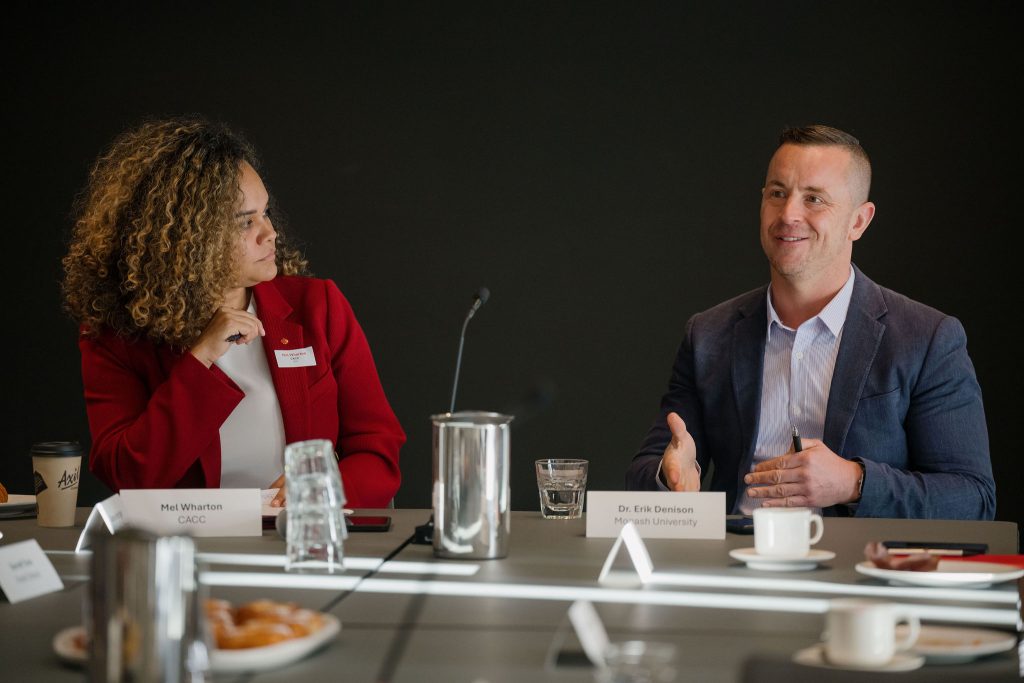
“Studies have shown that mixed workplaces create a better environment for everyone, they are psychologically safer, and employees are happier.”
Mr. McSweeney said organisations needed to think more creatively about role design to create a better gender balance in workplaces. “Workplace flexibility is a major focus for us, not just for women but for men as well, to allow men to take on more caring responsibilities so that women can participate more equally in the workforce.”
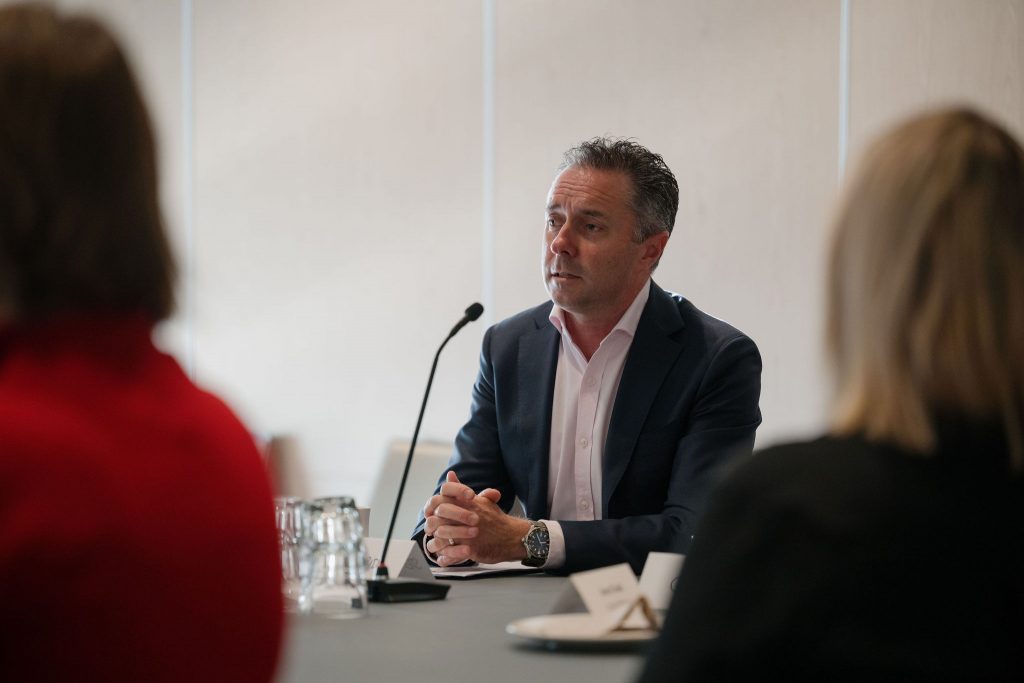
“Cultural norms are holding us back. The more we talk about men taking parental leave, working more flexibly and assuming greater caring responsibilities, the more normalised it becomes.”
The Canadian Australian Chamber of Commerce (CACC) is a non-profit, volunteer based organisation that aims to bring businesses together to facilitate a strong environment for economic trade and investment between Canada and Australia.
Written by Samantha De Gail
CACC Victoria Committee


